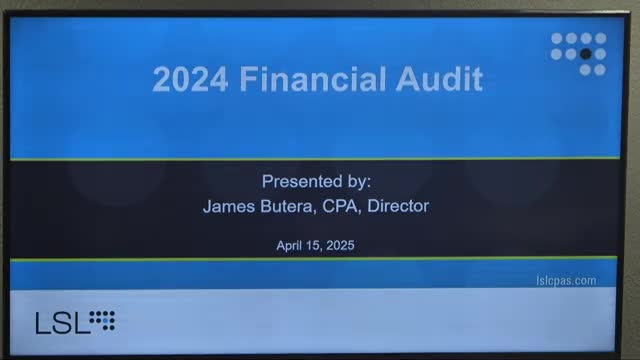Article not found
This article is no longer available. But don't worry—we've gathered other articles that discuss the same topic.
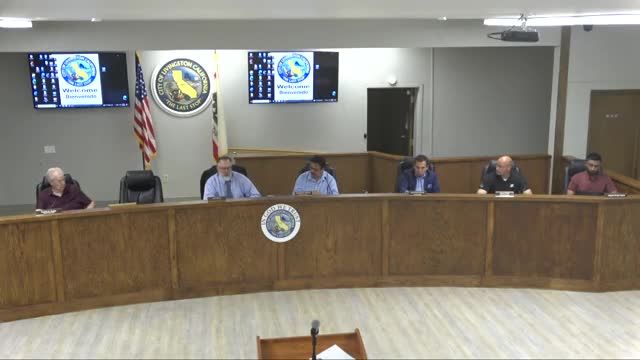
City attorney to depart; council approves RFP to recruit replacement
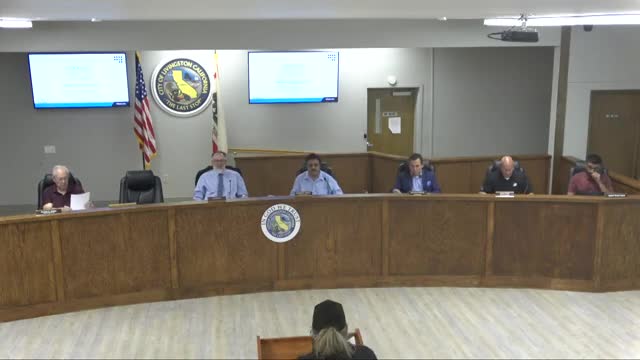
Council directs one-day July festival; fireworks contract previously secured
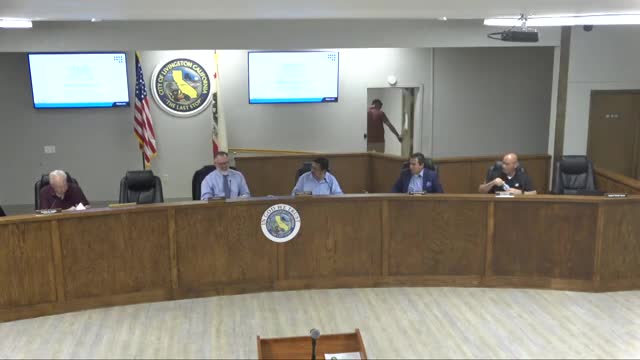
Council appoints Jitender Man as alternate to Winston County Commission; one councilmember recuses
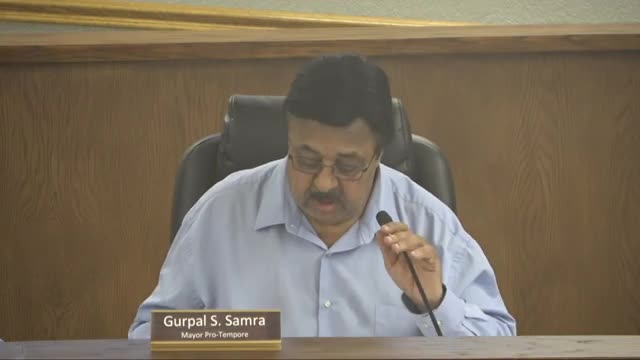
Council approves zoning map change, planning appointment and equipment purchases
